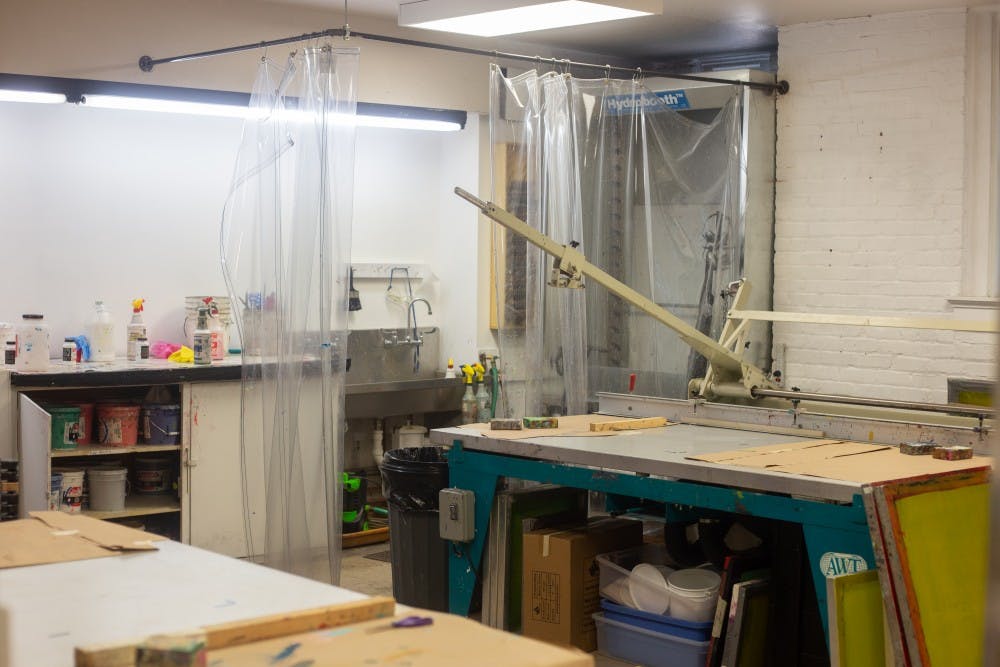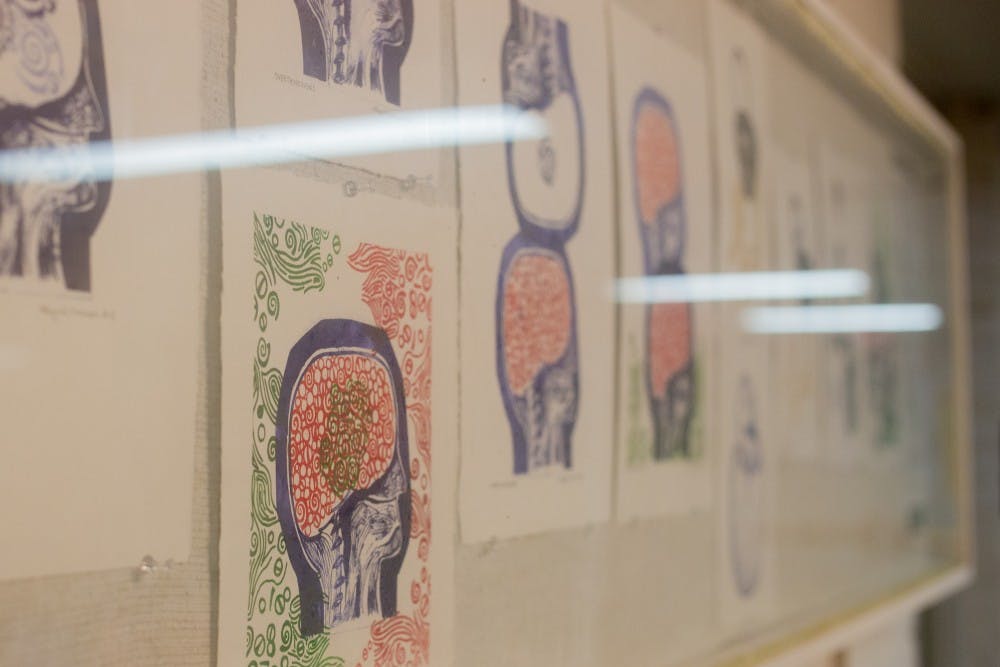Photo by Cole Rojahn
Education is paramount in today’s society. Despite the negative stereotype of a monotonous day-in and day-out student existence, there is nothing so imperative to one’s success in the professional world than a formal education. But today, some types of education are seen as superior to others.
“A liberal arts degree will not give you the same opportunities as a business major,” accounting major Tanner Tweedy said.
However, many may be surprised in the true value of a liberal arts education.
Associate Dean of the College of Arts and Sciences, Dr. Cynthia Davis, believes the three most essential skills fostered by a liberal arts education are the ability to think, write and communicate. She said that “all employers can teach you the specifics” of any given job, but these thinking and communication skills should be sharp as you enter the job market.

As a liberal arts major who is double majoring in religious studies and English myself, this is a topic I find myself particularly passionate towards. While more necessary for my intended career in publishing, the liberal arts have allowed me to acquire skills that are sought after in any professional occupation.
My classes differ from the standard lecture hall format. They are designed to facilitate free thought and critical thinking. Typically seminars, these classes tend to be discussion based, not about right or wrong answers. This creates an atmosphere of critical and creative expression. These classes do not ask students to simply absorb and regurgitate information, but ask them to think and analyze particular schools of thought. This has allowed me to form my own conclusions and opinions on a variety of topics, and then learn to defend and support these opinions.
Dylan Glick, a current law student and former political science major at USC, said the liberal arts sharpened his “ability to think broadly and clearly.” Glick said these skills, “combined with extensive emphasis placed on clear and thorough writing skills,” have prepared him to succeed in the professional world.

It is not just writing skills that are fostered. Jake Christiano, a psychology major in the College of Arts and Sciences, said his “people skills” were enhanced. This taught him how to handle whatever life throws at him because his “coursework is designed to work toward an end goal of engaging people with a multitude of personalities and cultures.”
These are the skills truly valuable to employers: The abstract abilities to interpret and react to sudden situations in a quick and efficient manner. They will be what fosters success in the professional world.
According to Dr. Davis, our generation will have an average of “seven to 12 different jobs” in our lifetimes. With the possibility of such a diverse professional career, it does not make sense to focus on a narrow skillset only useful for a few professions. Within the liberal arts majors, the skills we gain are applicable to such a wide variety of professions. When faced with such a diverse and ever-changing job market, liberal arts majors are equipped to survive.



